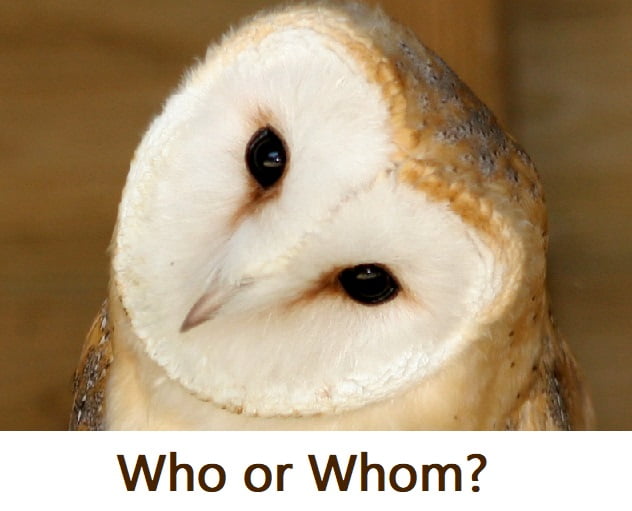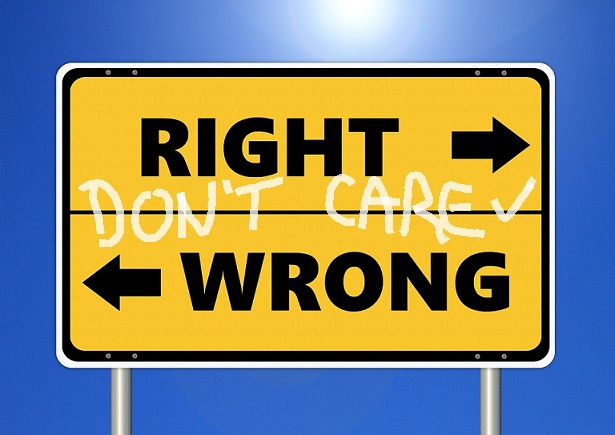As you progress in your language learning journey, you might encounter plateaus – a time where your English skills seem to stagnate despite your efforts. These language plateaus can be frustrating, but they are often a natural part of the
Stuck in a Learning Rut? Tips for Overcoming Language Plateaus




